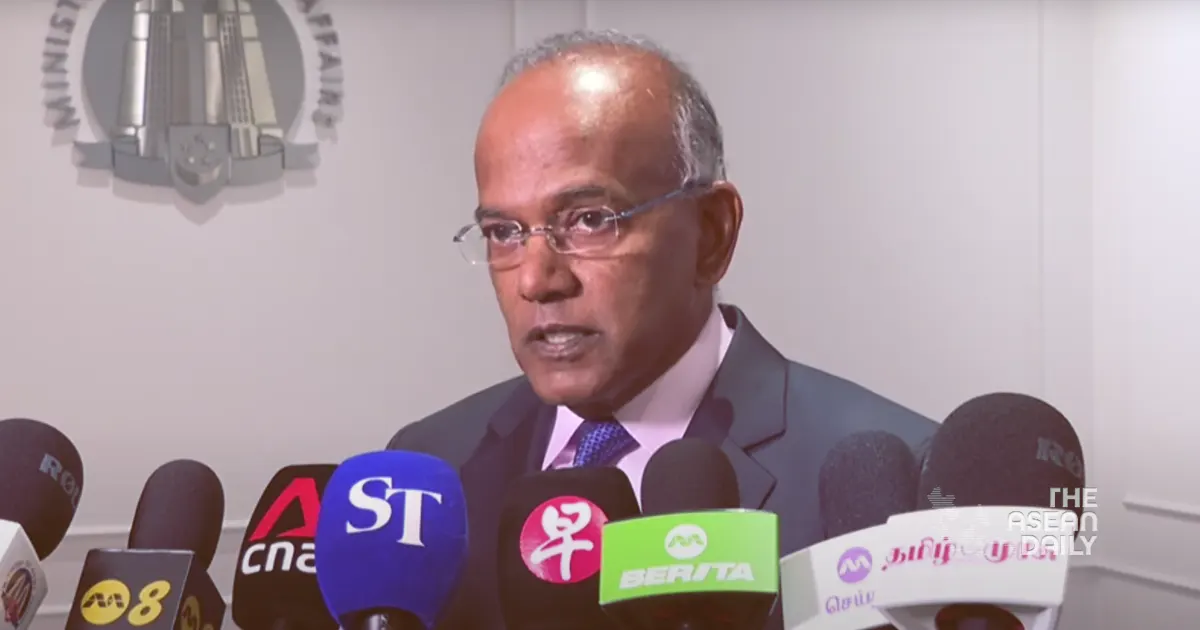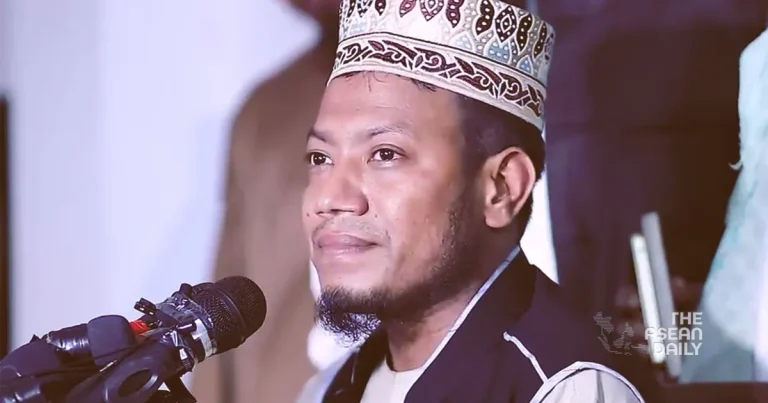21-8-2024 (SINGAPORE) Singaporean authorities are investigating Amir Hamza, a Bangladeshi preacher known for his extremist and segregationist views, after he delivered a sermon to a group of migrant workers at a dormitory in Tuas on 9 August without obtaining the required approval.
In a statement released on Wednesday, 21 August, the Ministry of Home Affairs (MHA) confirmed that they are also looking into the organiser of the event, which took place at Lantana Lodge along Tech Park Crescent, as well as others involved.
“Amir Hamza’s sermon contained extremist and segregationist teachings that pose a threat to Singapore’s communal harmony,” the ministry stated.
The MHA did not specify the number of workers who attended Hamza’s sermon but highlighted the serious nature of the content delivered.
Amir Hamza, reportedly in his 30s, had previously come under scrutiny by Bangladeshi authorities for his alleged involvement in extremist activities and links to terrorism. He is said to have been a significant figure within Ansar al-Islam (AAI), a pro-Al-Qaeda terrorist organisation. Hamza was arrested in Bangladesh in 2021 for activities related to terrorism and inciting militancy, although he was released on bail last December pending trial.
According to the MHA, Singapore’s Internal Security Department (ISD) was aware of Hamza’s background. However, he entered Singapore using a passport bearing a name different from the one in their records, and his biometrics were not available at the time of his entry on 9 August 2024.
Hamza left Singapore the following day, but on 12 August, the authorities received police reports concerning his sermon to a group of Bangladeshi migrant workers. During the sermon, Hamza reportedly referred to non-Muslims as “kafir,” or infidels, and praised alleged Bangladeshi extremists as paragons of religious piety. He also politicised his sermon by denouncing the previous Bangladeshi government as “oppressors” and claimed that victory would come when Bangladesh becomes an “Islamic country.”
The MHA emphasised that neither Amir Hamza nor the event organiser had applied for the necessary approval to conduct the sermon in Singapore. The ministry reiterated that all foreigners intending to deliver religious, cause-based, or political talks in Singapore must obtain a Miscellaneous Work Pass. Furthermore, under the Public Order Act, organising or participating in a public assembly without a police permit is an offence.
The authorities are conducting a thorough investigation into those involved in organising the event, and strong action will be taken against anyone found to have breached the law or posed a security risk. Possible actions include deportation, prosecution, or detention under the Internal Security Act.
Speaking to reporters on 21 August, Home Affairs and Law Minister K Shanmugam acknowledged that Hamza had entered Singapore using a passport that appeared valid but was issued under a different name. The minister explained that while Singapore has turned away preachers with extremist views in the past, Hamza managed to enter due to the passport discrepancy.

“We have to strike a balance,” Shanmugam noted. “We cannot interview every individual entering the country as if they are potential radicals. Imagine the impact on our airport experience and tourism industry.”
When asked whether this incident indicated a broader issue of radicalisation within the Bangladeshi migrant worker community, Shanmugam clarified that the vast majority of Bangladeshi workers in Singapore are law-abiding. Since 2015, ISD has investigated approximately 40 Bangladeshi workers out of the more than 200,000 currently in Singapore.
“While the number is small, we take no chances. We will act decisively against anyone who seeks to incite racial or religious hatred,” he concluded.




